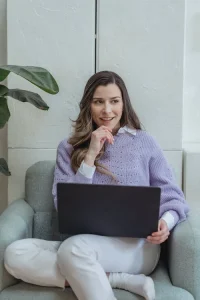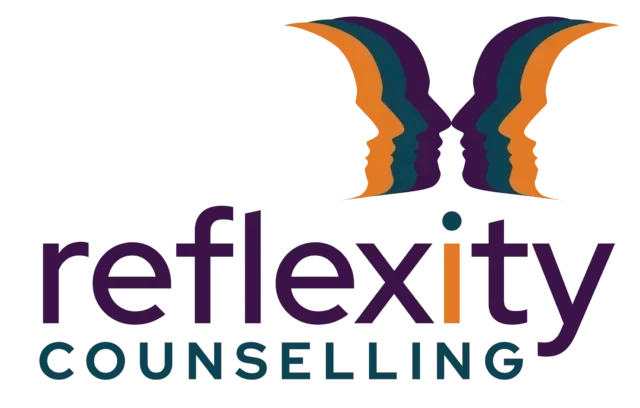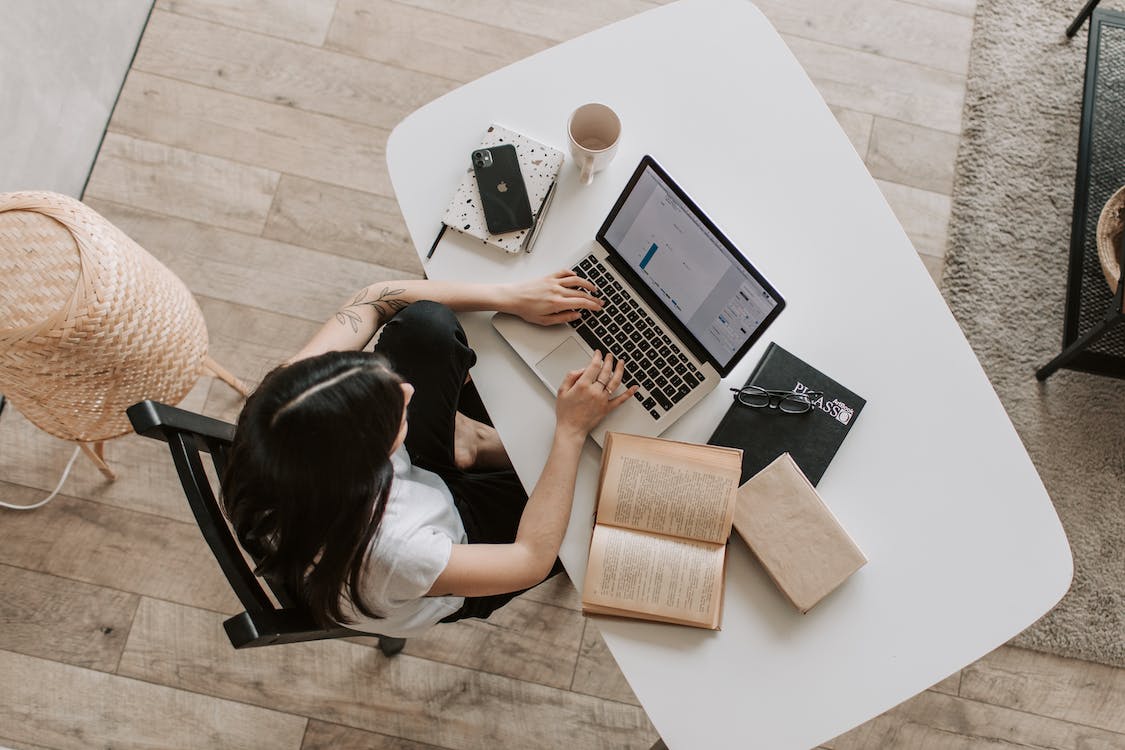So, you’ve made the brave step and decided counselling will be helpful but you’re now faced with an array of counsellors, all of whom look qualified and nice enough but how do you know who will be the right counsellor for you?!
Sometimes you may simply get a gut feeling and that’s absolutely fine but I’d advise doing a couple of checks as, unfortunately there are people out there who aren’t qualified so here are a few pointers:
- Make sure they’re a member of an organisation such as the BACP (British Association for Counselling and Psychotherapy), UKCP (United Kingdom Council for Psychotherapy) or NCS (National Counselling Society) – these organisations do the background checks for you such as:
- Ensure they’ve achieved an appropriate level of training
- Regularly undertake continuing professional development
- Adhere to specific codes of ethics
- Having regular supervision (this helps counsellors reflect on work and maintains standards)
- Know what you’re looking for and look for a counsellor who’s trained and/or who specialises in this area e.g. anxiety, eating disorders, neurodiversity, work stress
- Research types of counselling and look for a counsellor who’s trained in what you’re interested in. Red flags are therapists who offer too many therapies or a therapist who claims their one type of therapy is a cure-all. Some therapies do integrate or combine a number of therapies and the counsellor will adjust how they work with each client.
You can do you own searching via Google (other search engines are available) but directories are available where you can filter search your area for specific specialisms, types of therapy and define exactly the type of counsellor your looking for e.g. Counselling Directory. There are often specialist directories available if you have a specific need.
Intro session
Most counsellors offer an introductory session and they should be open to you trialling a number of counsellors. If you stick with the first one you try that’s absolutely fine but try to be open minded about trying a few. Perhaps think about the following:
- Do you feel like you’ll be able to connect, trust and be vulnerable with this person? This may be a gut feeling, go with it!
- Do you trust them to hold the boundaries? This is the framework on which all the work is done including, timings, confidentiality, honesty, integrity. (This person isn’t going to be a friend, they need to behave professionally but with compassion and kindness.)
- Will you be able to form a working alliance with this person? This is the relationship that exists between the counsellor and client that means they are able to work together in a judgment free zone towards shared goals. Do you understand how they work and is this going to work for you?
- Is this person going to challenge you to make the changes you want to make? This may be a tough one if you’re ambivalent about change but try to be honest with yourself.
- Have you asked all the questions you need? e.g. Where are you going to meet? What is the cost? How many sessions are you signing you for? What will reviews look like? Do you know what to do if things go wrong?

Counselling will be one of the most rewarding things you ever do, it’s important to find someone who’s passionate, not just about what they do but about your unique journey.
If you’d like to discuss the possibility to counselling with me, please contact me via my contact page for a, no obligation, free initial consultation.


1 comment